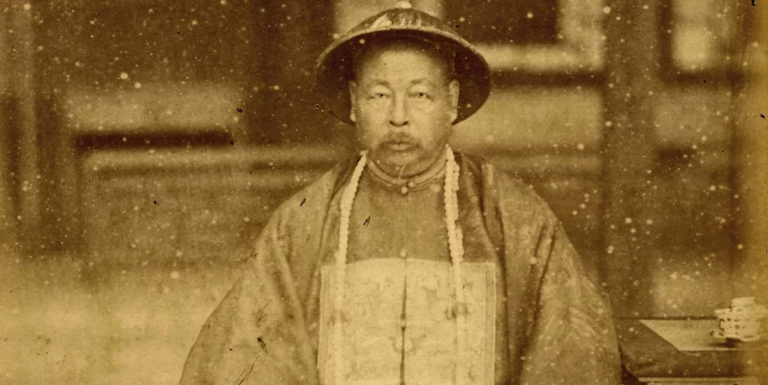
Six-episode series highlights 19th-century general’s role in reclaiming region from foreign forces

New York, N.Y. – China has released a six-episode documentary series focusing on Qing dynasty general Zuo Zongtang’s efforts to reclaim Xinjiang from foreign forces in the late 19th century, marking Beijing’s latest attempt to strengthen its historical narrative regarding the western autonomous region amid ongoing international scrutiny.
Historical Context Shapes Modern Messaging Strategy
The documentary was produced and aired by the broadcaster of Hunan province, the birthplace of Zuo Zongtang, one of the most famous generals and reformists in the late Qing dynasty (1644-1911).

The timing of this production reflects China’s broader media strategy to present its perspective on Xinjiang governance and historical claims.
The documentary comes as Beijing has worked to cement its narrative on the history and governance of China’s borderlands, with the aim of “forging a strong sense of community for the Chinese nation” – a phrase coined by President Xi Jinping in 2014.
This concept has become central to the Chinese Communist Party‘s approach to ethnic minorities and territorial integrity.
The series specifically addresses the period when the Qing dynasty faced multiple internal and external challenges in the 19th century, which severely undermined its reign.
Its rule was weakened by the Taiping Rebellion (1851-1864), unequal treaties with Western naval powers such as Britain, and growing foreign infiltration in its western regions.
These historical parallels serve to contextualize contemporary geopolitical tensions.
Background on the Taiping Rebellion
The Taiping Rebellion was a massive civil war in southern China, led by Hong Xiuquan, a Christian convert who, after receiving divine visions, claimed to be Jesus Christ’s younger brother. He challenged the Manchu-led Qing Dynasty, resulting in a staggering 20 million deaths, mostly civilians, making it one of history’s deadliest conflicts.
Hong founded the Taiping Heavenly Kingdom, with Nanjing as its capital. At its peak, the Kingdom controlled much of southern China, governing roughly 30 million people. The rebels pursued radical social reforms, advocating shared property and replacing Confucianism, Buddhism, and Chinese folk religion with their version of Christianity.
Known as “Longhairs,” Taiping forces faced relentless Qing sieges. The rebellion was ultimately crushed with assistance from French and British forces. In the 20th century, Sun Yat-sen drew inspiration from the rebellion, while Mao Zedong celebrated the Taiping rebels as early revolutionaries against a corrupt feudal order.
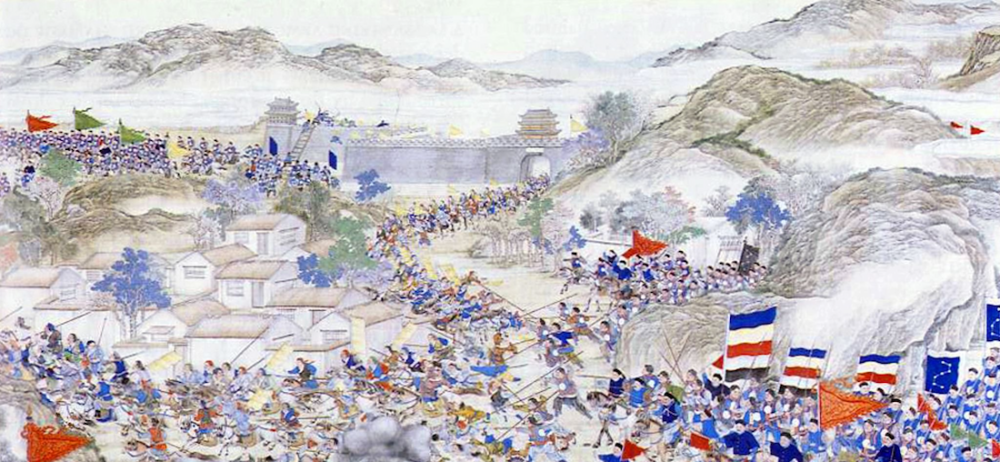
Documentary Focuses on 19th Century Separatist Threat
Central to the documentary’s narrative is the figure of Yaqub Beg, whose actions in the 1860s form a crucial part of China’s historical justification for its current policies. The documentary depicts how Yaqub Beg, a general of the Kokand Khanate in Central Asia, invaded and occupied Xinjiang in 1864 and created a separatist state there, which was backed briefly by Britain and Russia.
The series portrays Beg as a threat to Chinese sovereignty, noting that Beg was a jihadist who wanted to establish an Islamic caliphate. He has been revered by modern Islamic fundamentalists, including al-Qaeda, which has praised him as a hero. This characterization serves to draw connections between historical separatist movements and contemporary security concerns.
Zuo Zongtang’s military campaign to reclaim the region represents a pivotal moment in Chinese territorial history. The general’s success in reasserting Qing control over Xinjiang has been increasingly highlighted in China’s educational curriculum and media productions as a model of national unity and territorial integrity.
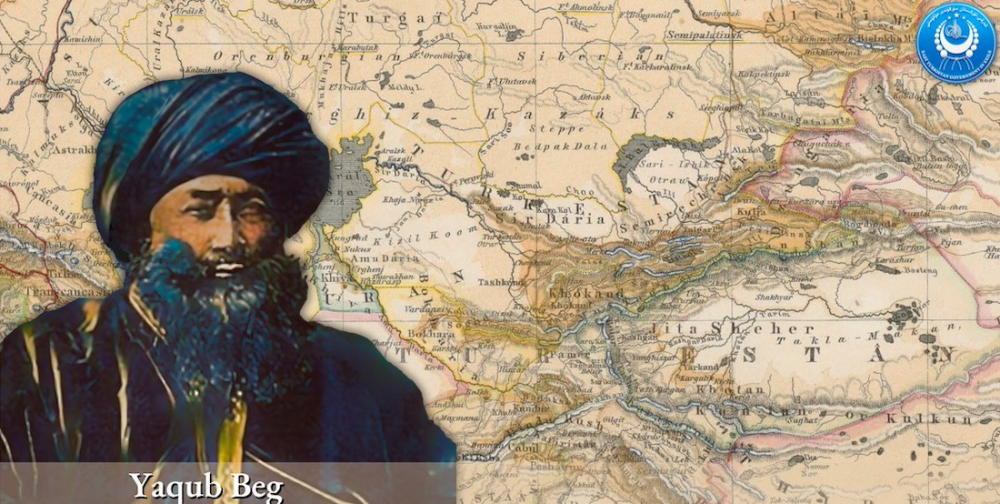
Educational Integration Reinforces National Identity
This documentary represents part of a broader educational initiative. The documentary is not the first time China has highlighted Zuo Zongtang as a national hero. In 2023, his historical deeds were included in junior high school and university history textbooks. This integration into formal education demonstrates the systematic approach to promoting specific historical narratives.
The emphasis on Zuo Zongtang reflects Beijing’s strategy to highlight historical figures who successfully defended Chinese territorial claims against foreign interference. These educational efforts aim to strengthen national identity among China’s diverse ethnic groups, particularly in border regions like Xinjiang.
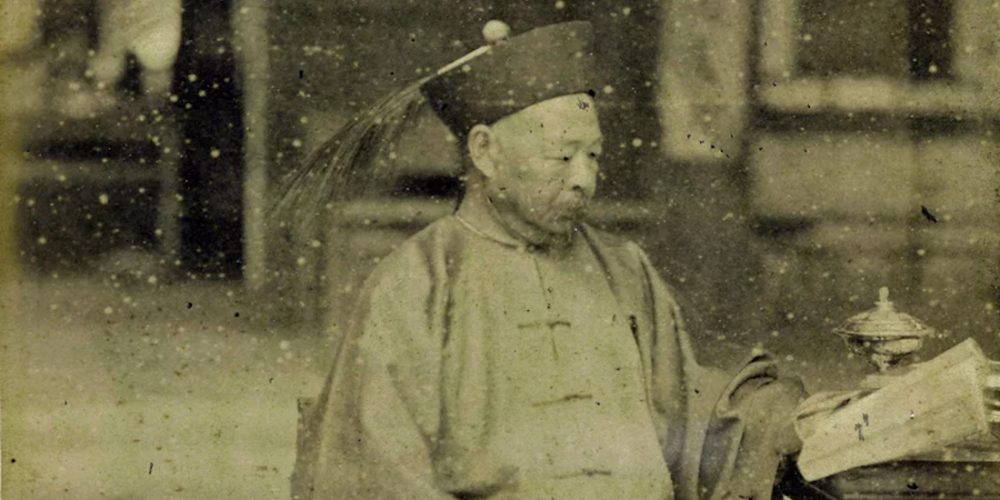
Media Strategy Addresses International Criticism
The documentary’s release coincides with ongoing international discussions about China’s policies in Xinjiang. While Western governments and human rights organizations have raised concerns about treatment of Uyghur and other minority populations, Beijing has consistently defended its approach as necessary for maintaining stability and combating extremism.
By focusing on historical precedents of foreign interference and separatist movements, the documentary attempts to provide historical context for contemporary governance approaches. The series presents China’s current policies as part of a long-standing effort to maintain territorial integrity against external threats.
The production also reflects China’s broader media diplomacy strategy, using historical narratives to support contemporary policy positions. This approach seeks to demonstrate continuity between historical challenges and modern governance approaches in Xinjiang.
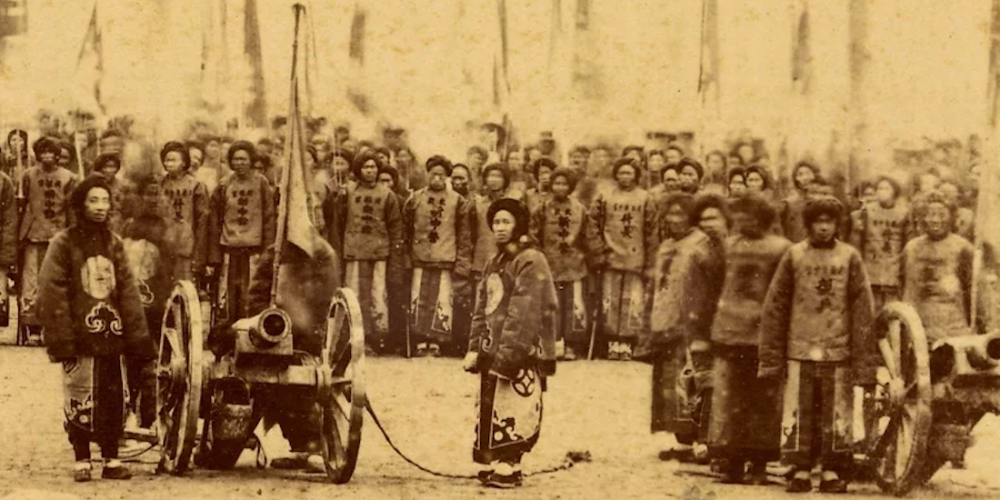
Regional Broadcasting Highlights Local Connections
The choice of Hunan province’s broadcaster to produce the series carries particular significance, given the region’s connection to Zuo Zongtang. This local angle helps personalize the historical narrative while demonstrating how different provinces contribute to national historical memory.
The documentary serves multiple audiences, addressing domestic viewers who may be unfamiliar with 19th-century Xinjiang history while also providing content that can be used in international media outreach. This dual-purpose approach reflects China’s sophisticated media strategy for addressing both domestic unity and international perception.
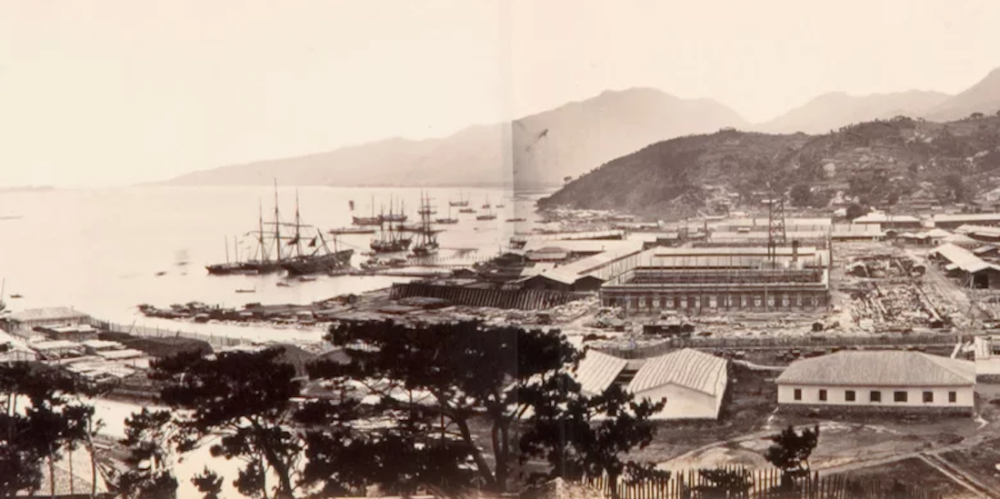
Contemporary Relevance of Historical Narratives
The timing and content of this documentary reflect how historical narratives continue to shape contemporary political discourse. By highlighting Zuo Zongtang’s successful campaign against separatist forces, the series reinforces themes of national unity and territorial sovereignty that remain central to Chinese governance philosophy.
The documentary’s emphasis on foreign interference in 19th-century Xinjiang also provides a historical framework for understanding contemporary geopolitical tensions. This approach allows Beijing to present current policies as part of a historical continuum of defending Chinese sovereignty against external threats.
As China continues to face international scrutiny regarding its Xinjiang policies, historical documentaries like this one serve as tools for reinforcing domestic support while providing alternative narratives to counter international criticism. The series represents another example of how historical storytelling is being mobilized in service of contemporary political objectives.
China Airs Historical Documentary Countering Western Xinjiang Narratives (Aug. 19, 2025)
Summary
The documentary “Zuo Zongtang Recovers Xinjiang” represents China’s continued effort to promote its official historical narrative of the region while countering Western criticisms. Produced by Hunan province’s broadcaster, the series depicts the 19th-century military campaign that reclaimed Xinjiang from Yaqub Beg’s separatist state. This media initiative aligns with President Xi Jinping’s broader strategy to forge national unity and reinforce Chinese identity in ethnic minority border regions through historical storytelling and educational content.
#ChinaDocumentary #Xinjiang #HistoricalNarrative
#ZuoZongtang #ChineseHistory #MediaDiplomacy
TAGS: china, documentary, historical narrative, zuo zongtang, qing dynasty,
xinjiang, media strategy, territorial sovereignty, national identity, ethnic minorities
